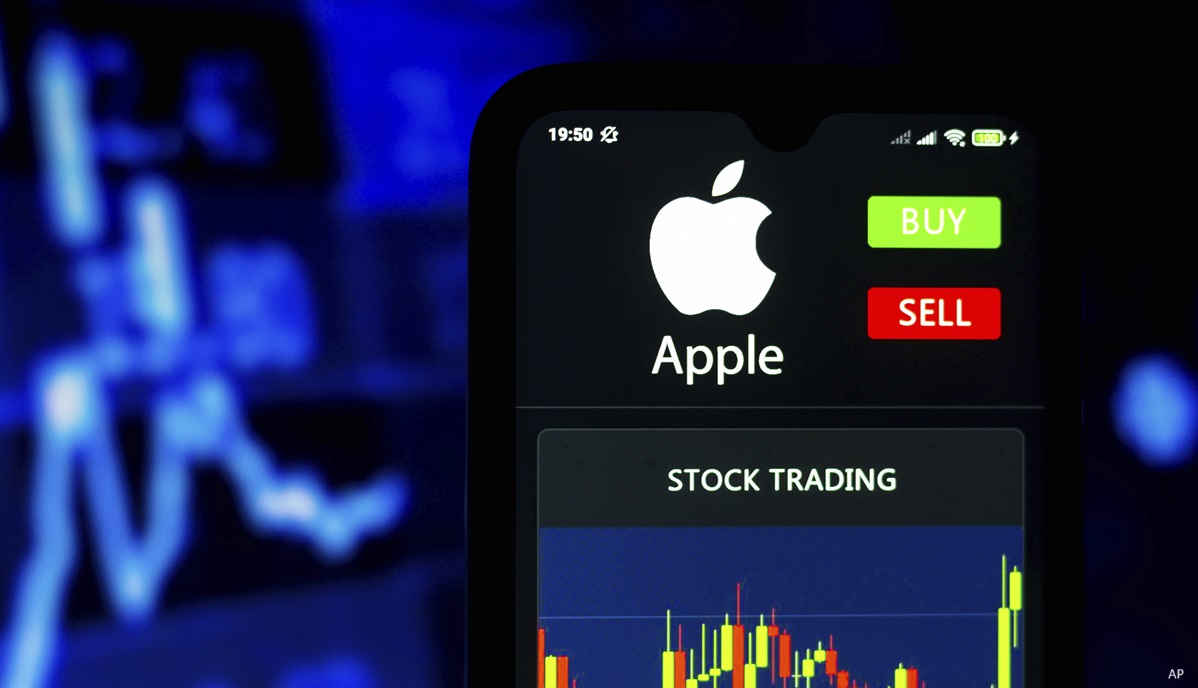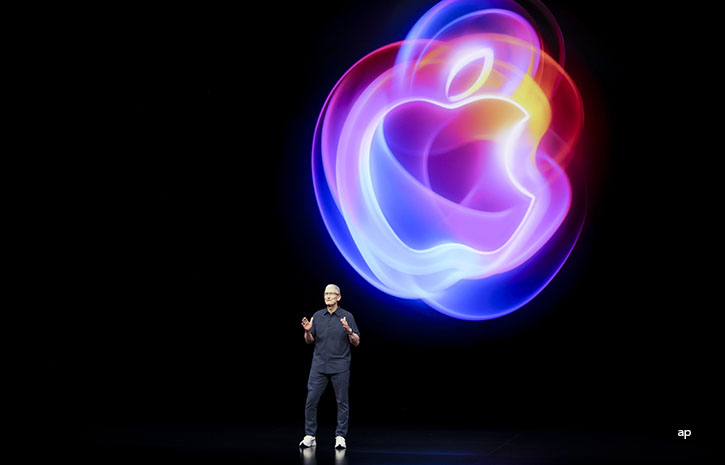
Apple (AAPL) abandoning its “iCar” development, called Project Titan, was a major piece of non-news. “The whole initiative was based on speculation,” recalls Robertson Velez, co-portfolio manager of CIBC Global Technology Fund, “Most of what we know is based on hiring of personnel for the project, he continues, several thousand employees having been recruited. Now, most have been re-purposed, most to an AI division.”
The project aimed for a “Level 4 AV [autonomous vehicle]” reports William Kerwin, Equity analyst, technology, at Morningstar. That means a vehicle that can function without a driver sitting by ready to take over, according to a recent McKinsey report. However, contrary to a Level 5 vehicle, which can circulate in any environment and in all conditions, Level 4 is restricted to more specialized uses, for example, autonomous taxis.
“Apple never said much about its project, even if it was 10 years in the making,” Kerwin agrees, “I imagine they found it harder to achieve than they initially envisaged and too expensive. They thought that they could corner a quarter of the market and a Level 4 vehicle would be a great differentiator. But the niche where they wanted to go is already occupied.” Also, a potential hurdle, is that Apple did not have its own car, Kerwin notes, and a further dissuasion was quite probably “Apple’s consideration to not go into a whole new field of manufacturing. Because that’s a completely different ball game.”
Apple Auto-Car Could Have Hurt Margins
“Apple’s business model is to sell you a platform, not just a product,” Velez recalls, “An AV carried the risk of simply bringing profit margins down, without being additive to the whole business.”
Apple is not the only big technology outfit to hit the brakes on AV developments. Tesla and Google are two major players who also dialed back their efforts after claiming that AVs were just around the corner. They are not. But the whole field has certainly not been mothballed, McKinsey finds. AVs are a few blocks down.
For its study, McKinsey has interviewed 86 decision makers worldwide representing some of world’s largest software and automotive corporations as well as start-ups and academic institutions. Respondents expect L4 capacities to become reality between 2028 and 2030, while a fully driverless L5 vehicle would not appear before 2029, more probably in China first.
Autonomous Vehicle Bottlenecks
To overcome the major bottlenecks of passenger safety, respondents consider that major investments remain to be made, notably US$4 billion to implement full-journey autonomous trucks and more than US$5 billion to get to robo-taxis. The areas requiring the greatest effort are prediction and decision making and perception software.
Apple Can Absorb Impact of AV Exit
Apple’s exit from AVs has had “very little impact on the stock,” Kerwin notes. But Apple’s circumstances are otherwise changing, especially on the AI front. Relinquishing the AV dream, “it makes more sense for Apple to focus on generative AI,” Velez says. So, the firm has recently acquired Canada-based Darwin AI, whose technology allows the development of smaller and faster AI systems, allowing them to fit on an iPhone for example, rather than running them in the Cloud. Apple has also been talking with Google to integrate its generative AI Gemini engine into the iPhone, according to Bloomberg.
Some observers may consider the partnerships as an indication Apple is lacking in AI capability, but Velez disagrees. First of all, he points out, Apple does have abilities in AI: the AV project involved AI, and its Siri assistant and face recognition are AI driven. The talks with Google are not a surprise at all when you consider that Google is already the main search engine for the iPhone and that Google pays every year billions of dollars for that. It makes sense that Apple would use Gemini as a search engine and as a generative AI tool informing Siri. Velez also points to a key feature: “Apple is generally not the first mover in anything they do, he says, but when they move, they usually come out with a compelling offering. We’re expecting Apple to announce this summer an AI platform.”
Apple’s iPhone Earnings a Bigger Concern
Kerwin states that “there’s definitely a slow down in earnings. I forecast 6% for 2024, while they were closer to 10% in the last five years.” While iPhones make up more than 50% of Apple’s sales, there is weaker demand in China. Also “we believe the renewal cycle is lengthening. Previously, consumers would buy every two years, but now they are delaying their purchases of new models.” Morningstar currently sees 3-star Apple stock as trading around its fair value estimate.
Velez notes that Apple’s stock is trading at about 25 times forward earnings, which he believes is quite fair. “If you compare it to PC manufacturers like Dell or HP, it might seem high, but Apple is not a computer maker, nor a software maker, it is rather a software platform provider, like Google and Microsoft.” With that perspective, he believes Apple’s valuation is not that high. “It is probably slightly undervalued even,” he adds.





:quality(80)/cloudfront-us-east-1.images.arcpublishing.com/morningstar/QPMKPA6BWRCWVO64V5UQWWMPFI.jpg)

:quality(80)/cloudfront-us-east-1.images.arcpublishing.com/morningstar/GDTOG6TCABG2VER32KWOKC6ZJ4.png)
.jpg)












